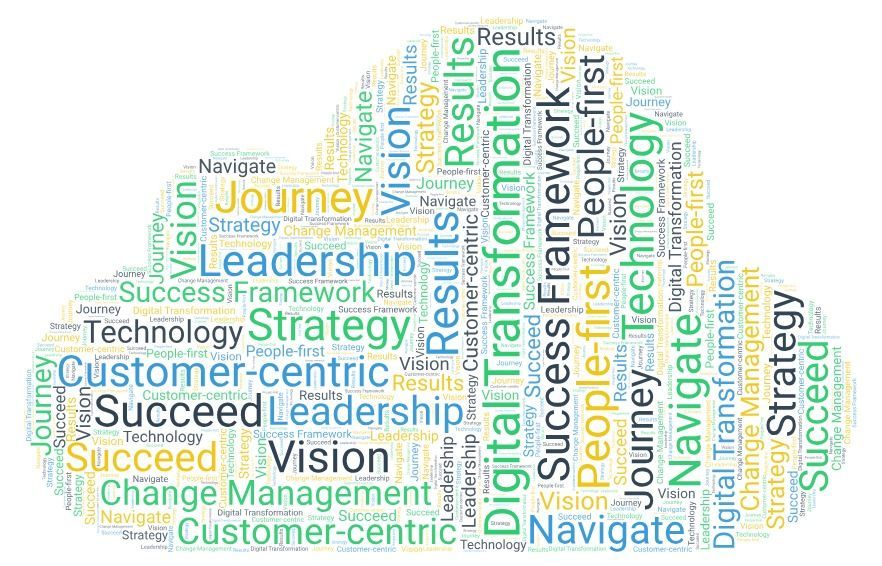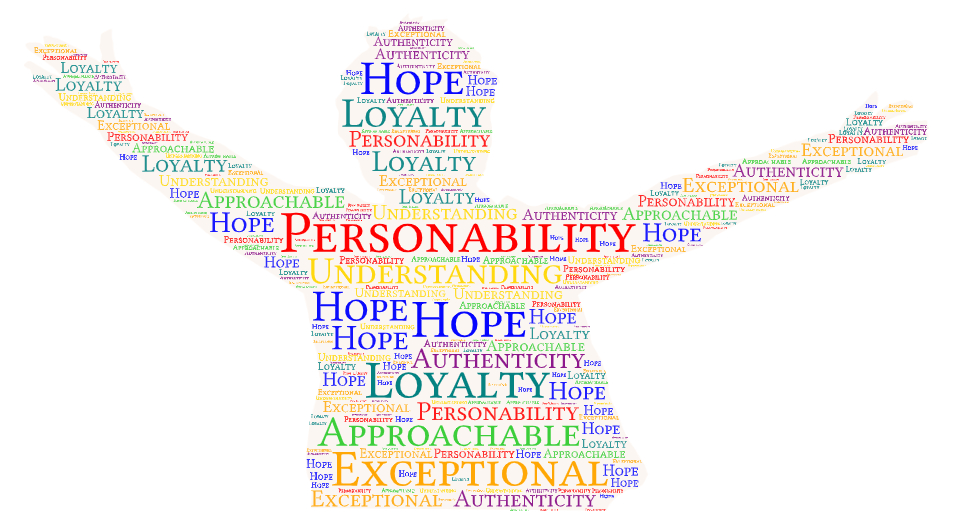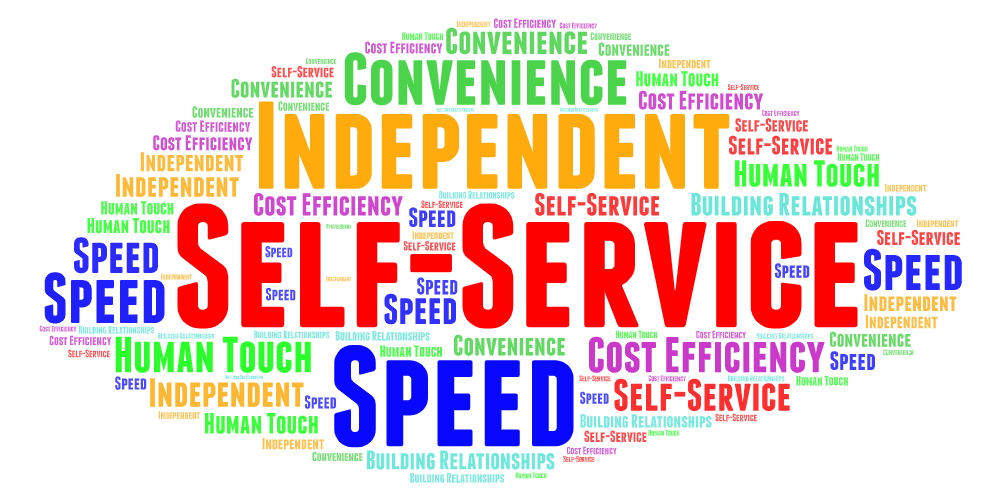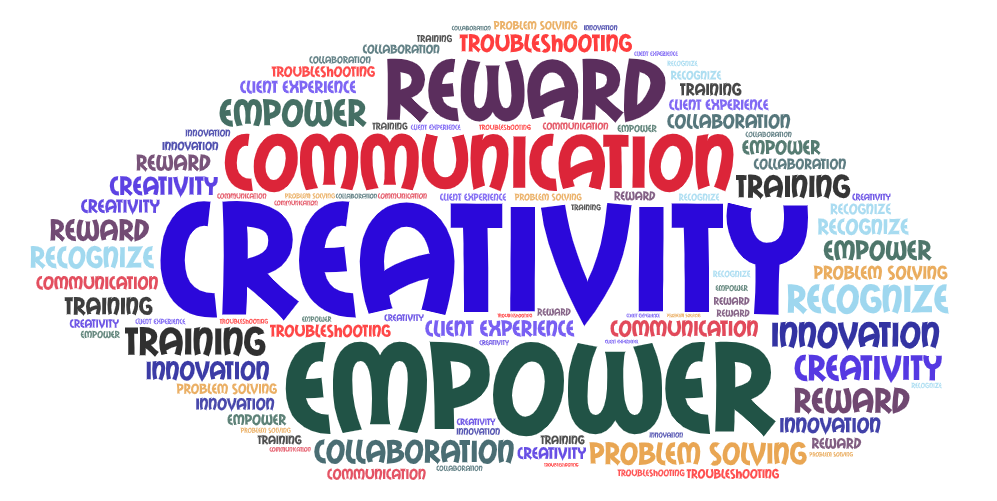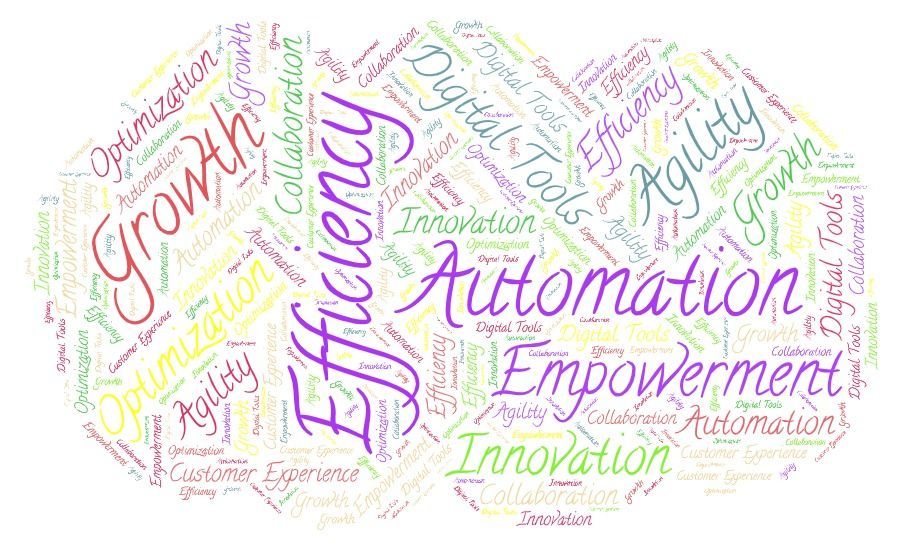Empathy and Adaptability
Two Keys to Great Service: Empathy and Adaptability
Let’s delve into why empathy and adaptability are indispensable skill sets for individuals in client service roles. These qualities not only enhance customer interactions but also contribute to overall organizational success.
The Importance of Empathy in Customer Service
Understanding the Customer’s Perspective is a key aspect to providing great customer service. In order to do this, you need to actively listen to the issue or concern, empathize with the client, ask open-ended questions and more. We take a look at several of these aspects below.
Listen Actively: When a customer reaches out, give them your full attention.
Active listening involves not just hearing their words but also understanding their emotions, tone, and underlying concerns.
Empathize: Put yourself in their shoes. Imagine their frustration, excitement, or anxiety. Understand that their issue matters to them, even if it seems trivial to you.
Ask Open-Ended Questions: Instead of yes/no questions, ask open-ended ones. For instance:
- “Can you tell me more about the problem you’re facing?”
- “How did this situation make you feel?”
- “What outcome are you hoping for?”
Repeat and Confirm: Paraphrase their concerns to show you’ve understood. For example:
- “I understand that you’re frustrated because your order arrived late.”
- “It sounds like the billing issue caused you some stress.”
Anticipate Needs: Empathetic agents can predict how customers might react. By understanding their emotions, you can proactively address follow-up questions.
Personalize Interactions: If a customer is upset, anticipate their next move. Offer solutions before they ask. For instance:
- “I apologize for the inconvenience. We’ll expedite the replacement shipment.”
- “I understand this delay is frustrating. Let me check the status for you.”
Diverse Perspectives: Remember that customers come from various backgrounds, cultures, and experiences. What seems normal to you might be different for them.
Avoid Assumptions: Don’t assume everyone thinks like you do. Be open to learning about their unique context.
Adapt Communication Style: Adjust your tone, language, and approach based on cultural cues. For example:
- “In some cultures, direct feedback is appreciated. In others, it’s considered rude.”
Compassion: Empathy means showing compassion. If a customer is upset, acknowledge their feelings:
- “I’m truly sorry you’re going through this.”
- “I can imagine how frustrating this must be.”
Stay Calm: Sometimes customers vent their frustration. Stay calm and professional:
- “I appreciate your feedback. Let’s work together to find a solution.”
- “Thank you for sharing your concerns. We’ll address them promptly.”
Remember, understanding the customer’s perspective isn’t just about solving their immediate issue; it’s about building a lasting relationship. Empathy creates trust, and trust leads to loyalty
The Significance of Adaptability in Customer Service
Another key component to providing great customer service is the ability to adapt to many different situations. You need to be able to listen to other points of view and new ideas in addition to being able to adapt to ever changing needs of the client.
Accommodating New Ideas and Market Changes
- Adaptability enables service providers to embrace new ideas, handle different customer types, and respond to market shifts.
- Active Listening: By being adaptable, you actively listen to customer feedback and adapt your approach accordingly. This leads to better problem-solving and improved service quality.
Navigating Unforeseen Events
- Market Volatility: Markets change rapidly. An adaptable service representative can adjust strategies to meet evolving customer needs.
- Flexibility: Adaptability allows you to pivot when faced with unexpected challenges. Whether it’s a sudden surge in customer inquiries or a change in company policies, adaptability ensures you stay effective.
Thriving in Dynamic Environments
- Ever-Changing Situations: Customer service roles involve handling diverse scenarios. Adaptability equips you to handle each encounter effectively.
- Learning Agility: Be open to learning and adapting. Whether it’s new technology, customer preferences, or company procedures, an adaptable mindset ensures you stay ahead.
In the dynamic world of client service, empathy and adaptability are not just skills; they are superpowers. They empower you to connect with customers, build trust, and navigate ever-changing landscapes. So, next time you interact with a client, remember empathy and adaptability are your secret weapons!
https://www.surveymonkey.com/mp/6-keys-improving-teams-customer-service-skills/
https://emailtree.ai/blog/customer-service-skills/adaptability-skill/
